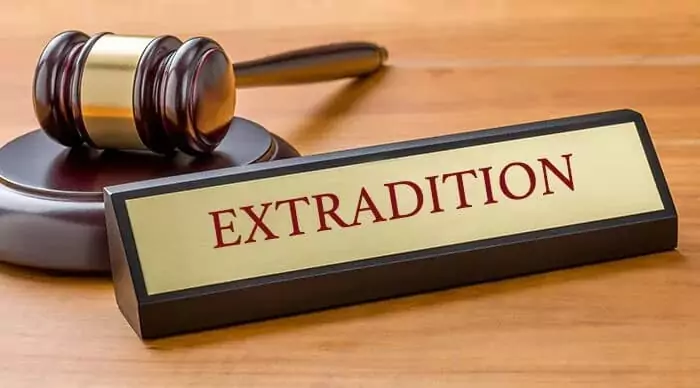How Does the UAE Handle Extradition Requests?
The UAE has a well-defined Interpol extradition system that follows national laws and international treaties.

Extradition is a legal process through which one country requests the surrender of an individual accused or convicted of a crime in another country. The UAE has a well-defined Interpol extradition system that follows national laws and international treaties. Due to its position as a global hub, the UAE frequently handles extradition requests from different nations. The decision to extradite an individual depends on various legal principles, bilateral agreements, and the assessment of potential human rights concerns. Understanding how the UAE processes these requests is crucial for those facing extradition proceedings or seeking legal assistance in such cases.

Legal Framework for Extradition in the UAE
The United Arab Emirates (UAE) has a structured legal framework for handling extradition requests. These requests are governed by national laws, bilateral UAE extradition treaties, and international agreements. The primary legislation regulating extradition in the UAE includes the UAE Penal Code and the Federal Law on Judicial Cooperation in Criminal Matters. The UAE is also a signatory to various treaties facilitating extradition with other countries.
Key Principles of Extradition in the UAE
Extradition in the UAE follows fundamental legal principles, such as:
- Dual Criminality – The offense must be a crime in both the requesting country and the UAE.
- Non-Extradition of Nationals – The UAE does not typically extradite its own citizens.
- Political Offense Exception – Individuals cannot be extradited for politically motivated charges.
- Fair Trial Guarantee – The UAE ensures that extradition does not lead to human rights violations.
Extradition Process in the UAE
The extradition process in the UAE involves several steps:
- Request Submission – The requesting country submits a formal extradition request through diplomatic channels.
- Review by the Ministry of Justice – The request is examined for compliance with legal and treaty requirements.
- Judicial Assessment – UAE courts review the case to determine the validity of the request.
- Approval by Authorities – If the request meets legal standards, it proceeds to the final approval stage.
- Extradition Execution – Upon approval, the person is transferred to the requesting country.
Alt Extradition
Grounds for Refusing Extradition Requests
The UAE may refuse an Interpol extradition request under certain conditions, such as:
- Lack of dual criminality.
- The individual being a UAE national.
- The request involving political or military offenses.
- Potential risk of torture, unfair trial, or human rights violations in the requesting country.
- Insufficient evidence supporting the charges.
Common Challenges in Extradition Cases
Extradition cases in the UAE often involve legal and procedural challenges, including:
- Complexities in proving dual criminality.
- Disputes over the validity of charges.
- Delays in legal proceedings.
- Appeals and objections raised by the defense.
- The influence of diplomatic and political considerations.
How Legal Assistance Can Help in Extradition Cases
Legal representation plays a crucial role in extradition cases. Lawyers specializing in Interpol extradition and UAE law can assist by:
- Evaluating the legality of the extradition request.
- Defending against extradition based on legal grounds.
- Representing clients in court proceedings.
- Negotiating with authorities to challenge or delay extradition.
If you are facing an extradition request in the UAE, seeking professional legal assistance can help protect your rights and ensure due process.
For more information, visit our page on UAE Extradition Treaties or learn more about Interpol Extradition and how legal experts can assist in such cases.











